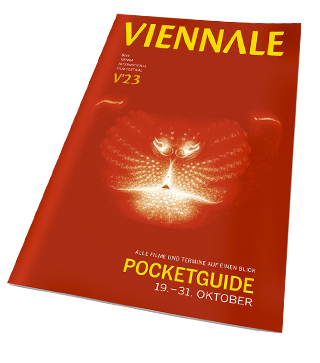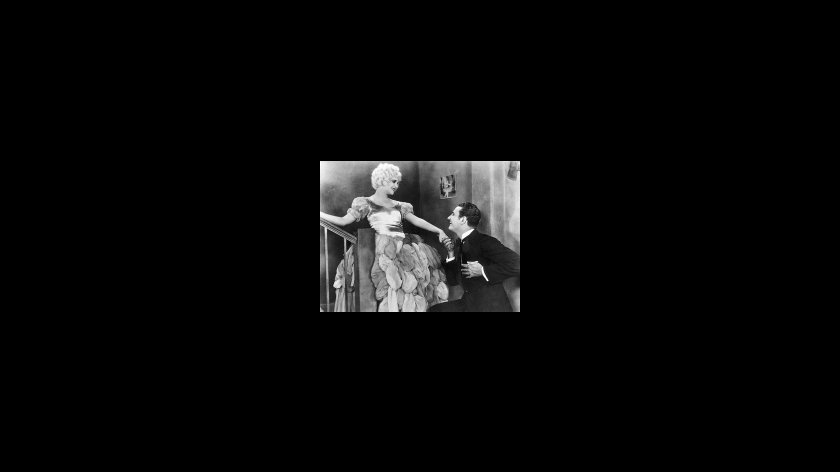PROLETARISCHES KINO: PROGRAMM 12 - FRITZ ROSENFELD 1
]]>Proletarian Cinema in Austria: A Presentation of the Left-Wing Film Culture 1918–1938]]>.
Beginning in the early 1920s, the Austrian labor movement attempted to counter bourgeois cinema with the development of its own autonomous film production. The proletarian film set two tasks for itself: the enlightenment of the working class and the political self-portrayal.
The first part of the film presentation (program 1-11) is concerned with this environment. It devotes itself to documents of class struggle, construction and social reconstruction; it portrays socialist celebrations and festive culture; it marks historical breaks and sheds light on a new consciousness of the human body. In addition, the presentation includes footage examining the Austrian labor movement from various ideological perspectives. Particular emphasis is given to Soviet newsreels, which focused on the Austrian labor movement and have never before been shown in Austria.
The second part of this film show (program 12-18) introduces the most influential film critic of the First Republic: Fritz Rosenfeld, of Vienna’s leading socialist newspaper, the “Arbeiter-Zeitung”. The selection of films represents neither “best-of” programs nor favorite films of the writer. First and foremost, the individual works stand for themselves, having their common point of reference in the core of Rosenfeld’s critical works: in the examination of the political and artistic limitations of the bourgeois film industry, its selective transcendence in works of class-conscious filmmakers or its vanquishing through Soviet revolutionary cinema and the independent production of the avant-garde.
Selected works by Charlie Chaplin, G.W. Pabst, René Clair, Olga Preobraczenskaja, Viktor Trivas, Eugene Deslaw and others will illustrate important topics of Rosenfeld’s unwaveringly enlightened and enlightening film criticism.
G.W. Pabst's harrowing drama Kameradschaft, based on a 1906 mining disaster, is one of the most important German films of its era. A dangerous blast traps French miners underground near the Franco-German border. Their German compatriots funnel through the earth in a desperate rescue attempt. Ironically, the military border is re-erected by government officials just moments after the evacuation is complete.
Combat de boxe
Belgium 1927
Director Charles Dekeukeleire
Cinematographer Antoine Castille
Actors André (Saint-)Germain, Henri Dupont, Sébastien Demy, Pierre Bourgeois
35mm/mute/black and white
9 minutes
Kameradschaft
(La Tragédie de la mine)
D/F 1931
Regie G.W. Pabst
Script Laszlo Vajda, Karl Otten, Peter Martin Lampel, Anna Gmeyner
Cinematographer Fritz Arno Wagner, Robert Baberske
Editor Hans Oser
Sound Adolf Jansen
Setting Ernö Metzner, Karl Vollbrecht
Actors Ernst Busch, Alexander Granach, Fritz Kampers, Gustav Püttjer, Elisabeth Wendt, Oskar Höcker, Daniel Mendaille, Andrée Ducret
Production
Seymour Nebenzahl, Nero-Film AG,
Berlin, Gaumont-Franco-Film Aubert, Paris
35mm/Sound/black and white
92 minutes



